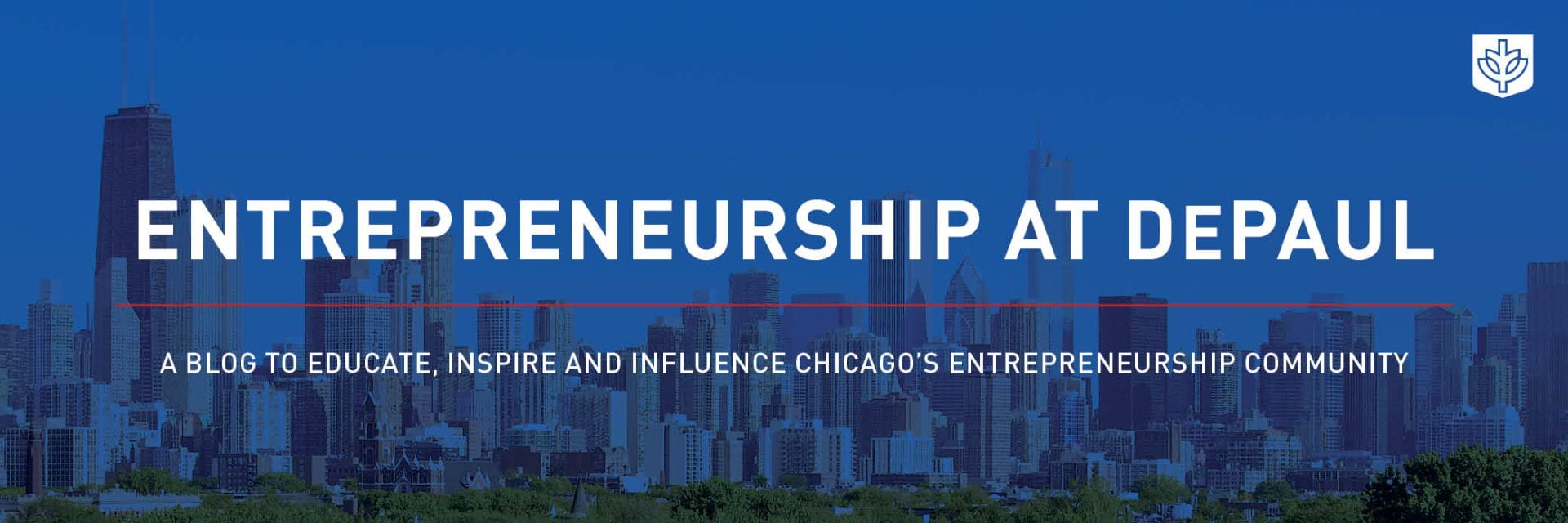Each year, the Coleman Entrepreneurship Center partners with WorldChicago to welcome entrepreneurs from the Young Transatlantic Innovation Leaders Initiative (YTILI), the U.S. State Department’s flagship fellowship program. YTILI aims to empower emerging European business and social entrepreneurs to expand their ventures, foster global partnerships, and drive economic development within their home communities. In this blog post, we spotlight Matej Keka, a 2024 YTILI Fellow and Founder of Speechless Reconciliation. Read on for an insightful Q&A about his journey and experiences.
—————————-
What is Speechless Reconciliation and how did it come about?
Speechless Reconciliation is a comprehensive program designed to empower youth from homes for children without proper parental care. The program aims to create a more equitable world by providing guidance and opportunities for the professional and personal development of youngsters aged 16-21. I initiated this program in February 2021 as a project of the Rotary Club Prague International, and it has since gained significant support and involvement from various members. One of them, a Rotarian from Belgium, Tim Belon, has become a cornerstone of the program’s success.
The program itself operates through a two-phase methodology. The first phase, Developmental Camp, focuses on self-reflection, or talent and skill identification. Participants engage in activities that help them understand their individual values, explore their unique talents, and develop sustainable projects. These projects are presented to different leaders for feedback and guidance at the end of the camp.
The second phase, Continual Development, provides ongoing support through an online platform where participants can connect, share experiences, and collaborate not only among themselves but also with different mentors. This phase includes access to educational resources, job opportunities, and mentoring from experienced professionals. The goal is to ensure continuous learning, skill enhancement, and professional growth for our alumni.
What have you learned as a YTILI Fellow that you have been able to apply to Speechless Reconciliation?
As a YTILI Fellow, hosted at the Coleman Entrepreneurship Center (CEC) at DePaul University in Chicago, I had the unique opportunity to immerse myself in an environment that champions innovation and entrepreneurship. The six-week fellowship was a transformative experience, providing me with valuable insights and practical skills, some of which I have applied to Speechless Reconciliation.
One of the key lessons I learned was the importance of a structured yet flexible approach to program development. At the CEC, I observed how successful initiatives are built on a solid framework while remaining adaptable to changing circumstances and feedback. This had a significant influence on how we design and implement activities within Speechless Reconciliation, ensuring that the program evolves based on participants’ needs, feedback, and the specific contexts in which it operates.
Additionally, during the fellowship, I learned about the value of networking and collaboration. Engaging with fellow entrepreneurs, students, and mentors at the CEC highlighted the power of diverse perspectives and collective problem-solving. I have partially incorporated this collaborative spirit into Speechless Reconciliation by, even more than before, actively seeking partnerships with other organizations and individuals to further improve my program’s quality and impact.
You’ve spoken about the importance of a growth mindset and empowerment– what are some strategies you use (or plan to use) to implement this in your organization?
Encouraging continuous learning is essential. We aim to promote a culture of continuous learning by providing opportunities for team members and participants to engage in workshops, training sessions, and reflective practices. This helps individuals develop new skills and perspectives, which are crucial for both personal and organizational growth.
I also believe that creating safe spaces for experimentation is vital. To empower individuals, it is essential to create environments where they feel safe to experiment and take risks that they might otherwise avoid.
We also encourage the team to recognize and celebrate progress within the program. Acknowledging small wins and progress is vital for maintaining motivation and a positive outlook. I make it a point to celebrate achievements, both big and small, within the organization. This practice reinforces the value of effort and improvement, key components in a growth mindset.
In addition to recognizing and celebrating progress, we prioritize providing mentorship and support where needed. Empowerment often comes from having access to guidance and support. That said, we ensure that team members and participants have mentors who can offer advice, share experiences, and provide encouragement. This network is crucial for fostering both personal and professional development.
Finally, a growth mindset thrives in an inclusive environment where diverse voices are heard and valued. We actively work to create a culture of inclusivity within Speechless Reconciliation, ensuring that everyone feels respected and empowered to share their perspectives.
Contributor Bio

Matej Keka is a seasoned professional in trade and marketing management with experience in international projects and organizations. He is currently an Omnichannel Trade Marketing Manager at Unilever Food Solutions in Prague and leads fundraising for the Czech NGO Woodcraft League, focusing on marketing campaigns, brand awareness, and customer acquisition.
He holds a Master’s degree in Public Administration from the Diplomatic Academy and Cevro Institute in Prague, where he studied the impact of the Russian war in Ukraine on China-EU relations.
Matej founded the Speechless Reconciliation program, leading an international team of experts and volunteers. He is a member of the Rotary Club Prague International, an Aspen Young Leaders Program alumnus, and a participant in the U.S. Department of State’s YTILI program.
His skills include adaptability, problem-solving, fundraising, diplomacy, project management, and communication. Matej is fluent in Czech, English, Spanish, and Serbian.
